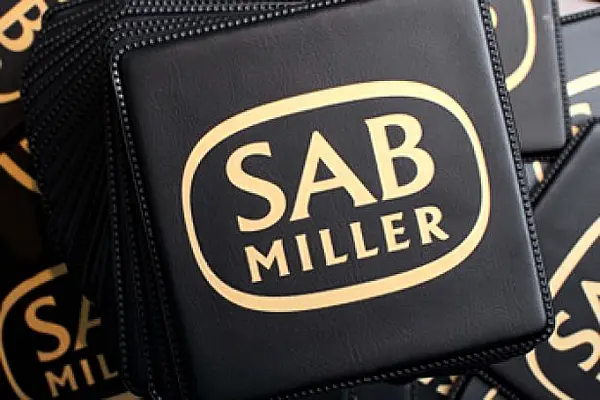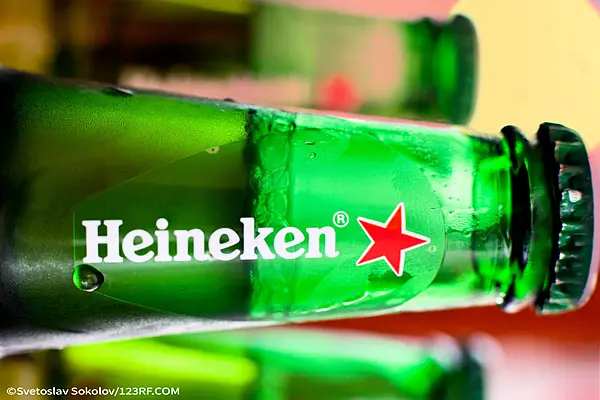The head of SABMiller, the brewer that's being bought by AB InBev for $107 billion, said employees have voiced concerns over potential job cuts in the wake of the industry’s biggest takeover.
AB InBev said Wednesday that it targets an additional $1.4 billion in annual savings at the combined company as it plans restructuring in areas including engineering, production, brewing and distribution. SABMiller Chief Executive Officer Alan Clark said Thursday it's not yet possible to say where job losses might fall at the company, which employs about 69,000 people.
"Some employees have expressed concern about stability," including matters concerning job security, Clark said on a call with reporters. "It’s a time when people press pause, take some time to reflect and think about their careers, but we don’t have a high number of staff sitting around with not much to do." It’s not yet clear which SABMiller managers will stay. AB InBev CEO Carlos Brito said Wednesday it was too early to comment on whether Clark, a 25-year veteran at SABMiller, would be staying on at the combined company.
AB InBev’s cost-reduction goal, announced Wednesday in its formal bid for the 120-year-old brewer, raises the bar as SABMiller last month already doubled its savings target to $1.05 billion by 2020. Soon after InBev acquired Anheuser-Busch to form AB InBev in 2008, the company eliminated 1,400 jobs.
Brewers of mass-market beer are trying cut production and distribution costs as they lose market share to smaller independent brands in Europe and North America. Carlsberg, the world’s fourth-largest brewer, announced Wednesday that it would eliminate 2,000 jobs.
SABMiller's earnings before interest, taxes and amortisation advanced five per cent to $2.92 billion in the six months through September, the London-based maker of Grolsch and Peroni said. Profit rose by 11 per cent in Africa, and by five per cent in Latin America. SABMiller's profit margin was 23 per cent, hurt by increased competition in Poland and by currency swings, well shy of AB InBev's margin of about 39 per cent.
"We remain competitors until the deal has been closed," Clark said. "We had a good first half, stripping out the effects of adverse exchange rates, with strong growth in Africa and Latin America and better mix across all of our regions."
The measure excludes the effect of acquisitions and currency shifts, which depressed profit by $497 million, the company said.
News by Bloomberg, edited by ESM. To subscribe to ESM: The European Supermarket Magazine, click here.









